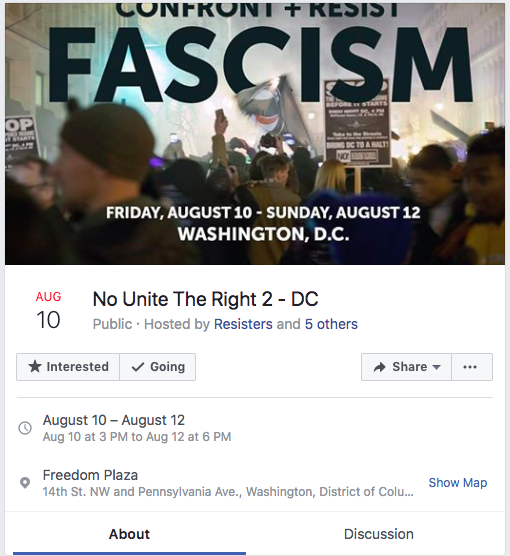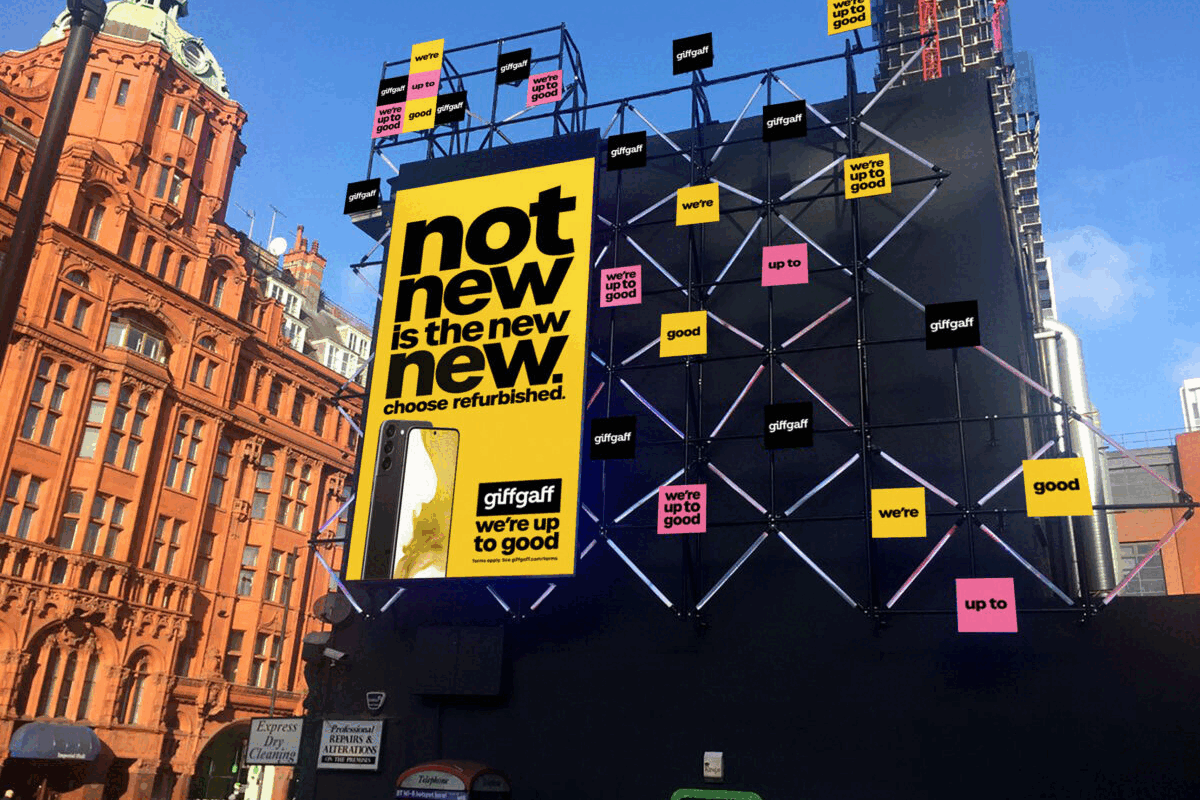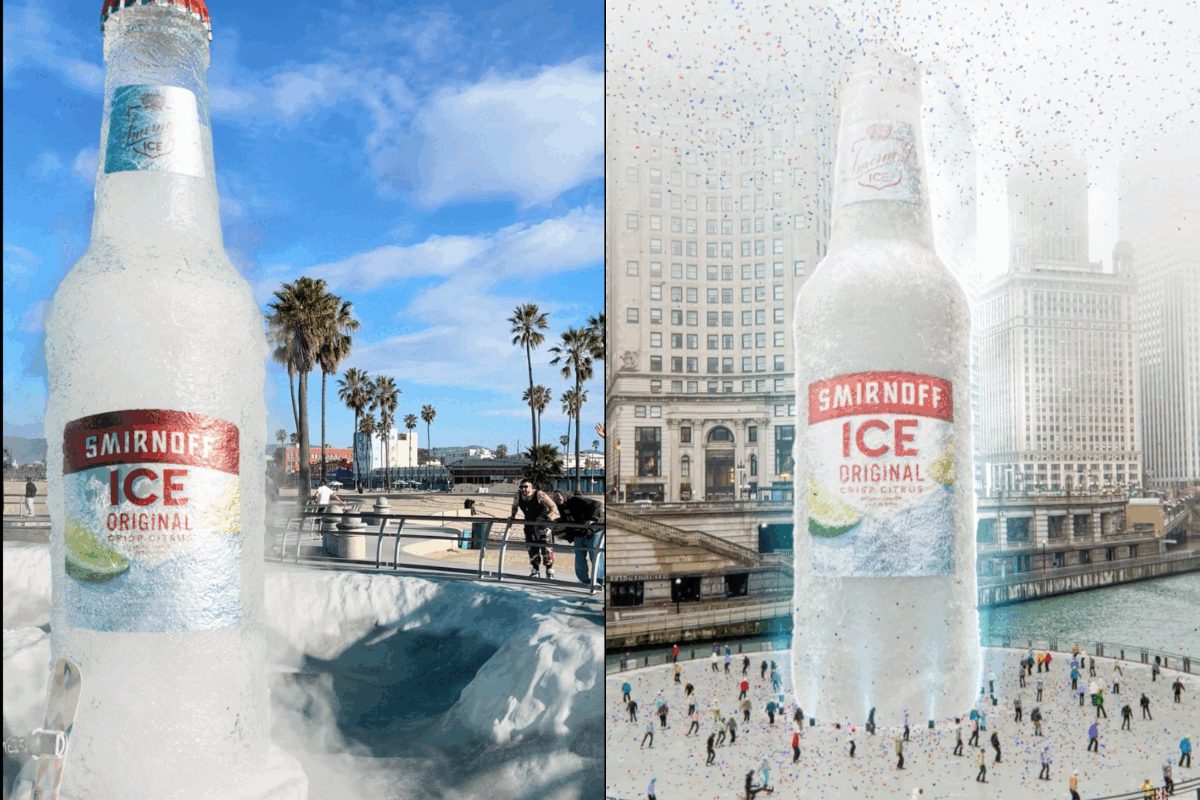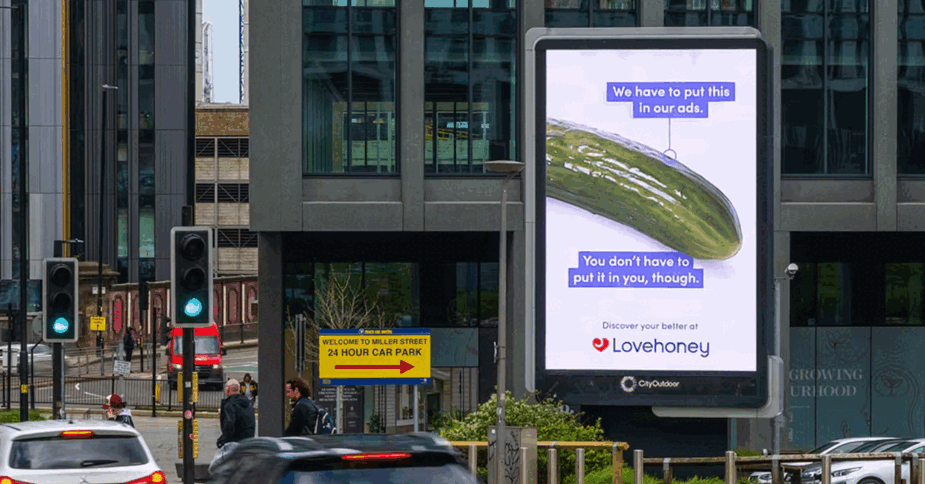Facebook removes 32 accounts ahead of US mid-term elections
- Wednesday, August 1st, 2018
- Share this article:
 Facebook has removed 32 Pages and accounts from Facebook and Instagram for what the company dubs “coordinated inauthentic behaviour”. The accounts had a total of more than 290,000 followers. The earliest page removed was created in March 2017. The latest was created in May 2018. The most followed Facebook Pages were ‘Aztlan Warriors’, ‘Black Elevation’, ‘Mindful Being’, and ‘Resisters’. The remaining Pages had between zero and 10 followers, and the Instagram accounts had zero followers.
Facebook has removed 32 Pages and accounts from Facebook and Instagram for what the company dubs “coordinated inauthentic behaviour”. The accounts had a total of more than 290,000 followers. The earliest page removed was created in March 2017. The latest was created in May 2018. The most followed Facebook Pages were ‘Aztlan Warriors’, ‘Black Elevation’, ‘Mindful Being’, and ‘Resisters’. The remaining Pages had between zero and 10 followers, and the Instagram accounts had zero followers.
The company said it is still in the very early stages of its investigation and does not know who may be behind the accounts, but with the US mid-term elections coming up in November, the company is keen to avoid the shenanigans in the run-up to the 2016 US presidential elections, when Russian-backed groups used Facebook to spread discontent and fear among US voters.
Collectively, the accounts have been responsible for around 9,500 organic posts on Facebook; one piece of content on Instagram; around 150 Facebook and Instagram ads at a spend of around $11,000 (£8,384); and for organising 30 events since May 2017. One of these was an anti-fascist rally planned for 10 August in Washington.
In a blog post, Facebook noted that whoever set up the accounts went to much greater lengths to obscure their true identities than the Russian-based Internet Research Agency (IRA) has in the past. “We believe this could be partly due to changes we’ve made over the last year to make this kind of abuse much harder,” the company said. “But security is not something that’s ever done. We face determined, well-funded adversaries who will never give up and are constantly changing tactics. It’s an arms race and we need to constantly improve too. It’s why we’re investing heavily in more people and better technology to prevent bad actors misusing Facebook – as well as working much more closely with law enforcement and other tech companies to better understand the threats we face.”
Facebook said it has shared whatever information it has with US law enforcement agencies, Congress, other technology companies, and the Atlantic Council’s Digital Forensic Research Lab, a research organization that helps the company to identify and analyze abuse on its platform.
















